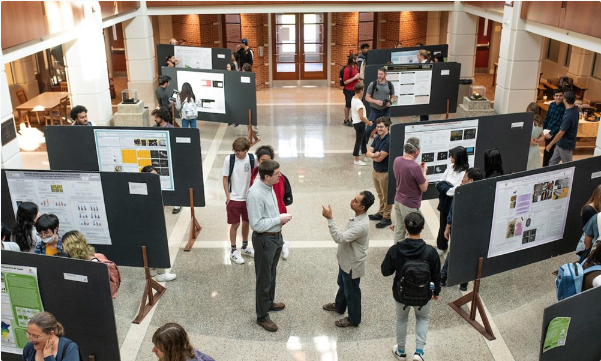Date of Award
4-2018
Document Type
Thesis
First Advisor
Ted Bitner
Second Advisor
Pascal Lafontant
Third Advisor
Lamia Barakat
Abstract
More children and adolescents are surviving a cancer diagnosis now than ever before, but with these encouraging survival rates come the need for improved survivorship care. As a result of treatment, AYA are suffering from physical setbacks such as issues with weight management and fertility (Nightingale, 2011), and psychosocial setbacks such as PTSS, anxiety, and depression (Butler, Rizzi, Hardwerger, 1999). These factors may contributed to the fact that adolescents and young adults (AYA) often report lower QOL than their healthy counterparts (Russell, Hudson, Long, Phipps, 2006), which highlights the need for interventions that address the unmet needs and QOL of AYA who have concluded cancer treatment. This study analyzes the PedsQL of AYA who have been diagnosed with cancer (n =126) and healthy controls (n = 103) in order to determine if healthy controls report a higher PedsQL score than AYA. Additionally, I hypothesized that AYA on treatment will have a lower PedsQL than those off treatment, education would vary by diagnosis code, and diagnosis code would impact PedsQL total scores. Independent t-tests, Chi-Square tests, and Analysis of Variance (ANOVA) tests were conducted to test these hypotheses. These tests revealed that while healthy controls did have a higher total PedsQL score than AYA, AYA off treatment had significantly higher PedsQL total scores than those on treatment. However, the hypotheses that education level would vary by diagnosis code and that diagnosis code would affect PedsQL were not supported.
Recommended Citation
Smith, Nichole 18, "What Happens After Treatment: Improving Quality of Life in Adolescents and Young Adults" (2018). Honor Scholar Theses. 95, Scholarly and Creative Work from DePauw University.
https://scholarship.depauw.edu/studentresearch/95



Comments
Honor Scholar Thesis